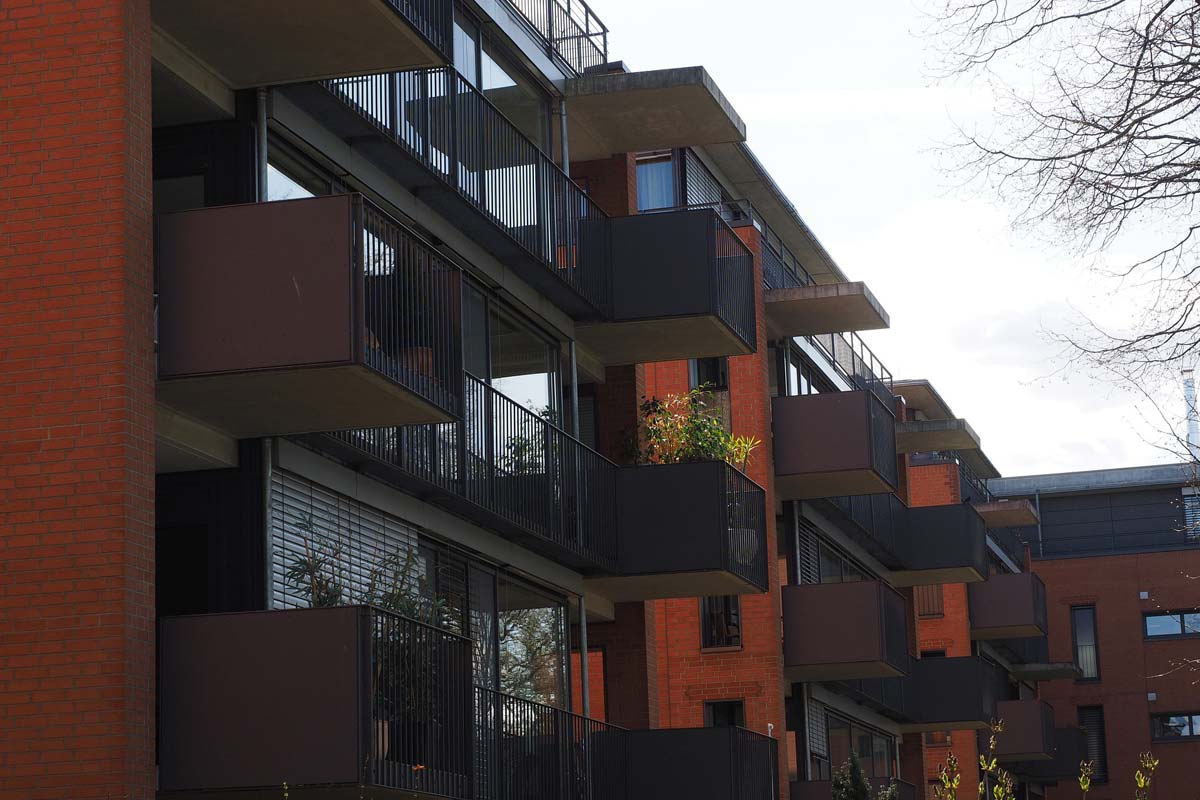Rental agreement – how to terminate quickly and easily
A termination brings more formalities than you think. The well-known three months’ notice is by no means all you need to know about tenancy agreements and how to terminate them. There are some stumbling blocks and many rights and claims that you should know. Of course, the legal situation varies depending on the rental agreement, but there are some basic rules that everyone must follow.
Terminate rental agreement – deadlines, delivery and special termination rights
You want to expand, move to a new city or have to change your location for professional reasons. All reasons to cancel the rental apartment and start something new. But this is not as easy as you think, because there are many things to consider. From notice periods and special termination rights to tenant clauses and forms of termination.
The lease agreement – how to terminate it and what it may contain
The rental agreement is the most important document between tenant and landlord. However, what the rental agreement contains is hardly regulated by law and is primarily subject to the contracting parties. The points that are not found in a rental agreement are regulated by the German Civil Code (BGB). When signing the lease, however, caution is called for, because there are often hidden clauses that are not permitted at all. Particularly with the topic notice there are exact defaults. The example that probably most often leads to disputes is the waiver of notice, because it may not be set for a longer period than four years. If it is nevertheless, it is legally invalid. Also further regulations of the BGB say special rules with the lease. According to this, the deposit may not be higher than three months’ rent. So before signing a rental agreement, find out exactly what is allowed and what is not.
If the time has come and the apartment is to be terminated, there are some formalities to be observed. Mistakes can make the termination ineffective and in the end lead to you having to pay double rent. The most important points that should be included in a notice are:
- The date on which notice is given
- Name and address of both landlord and tenant
- Explicit reference to the wish to terminate the contract
- Signature of all rental parties
- Exact address and concrete designation of the rental object
- Withdrawal of direct debit mandate (if any)
- Note on the return of the deposit (if deposited)
- Agreement on the handover of the apartment + acceptance (incl. protocol)
- Request for a written confirmation of the termination
- Separately rented parking spaces must be cancelled individually
Notice periods: What are they?
The notice periods are normally relatively simple. For tenants with an open-ended lease, the usual three months’ notice applies, regardless of how long the tenant has lived there. Furthermore, the letter of termination must have reached the landlord by the third working day of a month. Tenants do not even need to give a specific reason for giving notice in this case. A later receipt will only result in a delay of one month. Tenants in such a tenancy can only make use of the termination without notice in special exceptional cases. These include, for example, emergencies such as severe mold infestation in the apartment or a sustained disturbance of domestic peace. Landlords have it in comparison much more difficult to terminate the tenant. They need a legally recognized reason for termination. Such reasons can be very different and range from use of the premises by the tenant contrary to the contract (e.g.: unauthorized renting to third parties) to disregard of the house rules or non-payment of rent. These reasons are legally recognized as grounds for termination without notice. If the landlord cannot prove that the tenant has acted in breach of contract, the tenant can only be terminated in special cases, e.g. in the case of personal need. The notice periods for termination by the landlord are based on the duration of the tenancy. In the case of a tenancy of up to five years, the normal three-month notice period applies. If the tenancy has been in place for more than five years, the notice period is six months. A tenancy of more than eight years results in a notice period of nine months.
Termination of the lease – deliver correctly
The German Civil Code (Bürgerliches Gesetzbuch, BGB) states that termination of a tenancy agreement must be in writing (§ 568 BGB). However, this is not as simple as it may sound. E-mails, telegrams and faxes are inadmissible and are not recognised. The safest way is to send a notice of termination by registered mail with advice of receipt, because this way you can prove the termination in case of dispute. In general, however, it is better to be on the safe side when giving notice. Do not send them at the last minute, but rather a little in advance to meet all deadlines fairly. Especially when sending the letter by mail, it can always be that the recipient is not there and he therefore only receives a pick-up note. However, the notice is not considered delivered until the letter has been picked up. Another important formality is the signature under the notice. If this is not present from all tenants, the notice is not valid and you cannot be prosecuted.
Special termination rights
Special termination rights can, as the name suggests, only be used in special cases. These are always dependent on the respective rental agreement and the exact situation. The most common are:
Announcement of a modernization
when a modernisation is announced, the tenant has special rights of termination against the landlord. Example: If a modernization is announced in August, the tenant can give notice until September 30. The contract would then end on 30 October.
Rent increase to the local comparative rent
in the event of an impending rent increase, the tenant also has special rights. The period of notice is reduced to two months for him.
if the rent is increased in social housing, the tenant has the right to a shortened notice period. This is in this case one month
Death of the tenant
Should a tenant die, the tenancy does not end automatically. Life partners, spouses or heirs have one month to decide whether or not to continue the tenancy. If you decide not to, the three-month notice period applies.
Providing a new tenant – Advantageous for the tenant
Depending on the situation, it may be advantageous for the tenant to provide a new tenant. If the tenancy is no longer sustainable for the tenant due to a change of job or a change of life situation such as a child and too small living space, the tenant can provide a new tenant. However, it is a fact that the landlord does not have to accept every new tenant. The landlord must agree to the proposed new tenant. Another advantage arises when items such as the fitted kitchen or similar are to be taken over, because the tenant can clarify this directly with the next tenant and thus save money and time.







